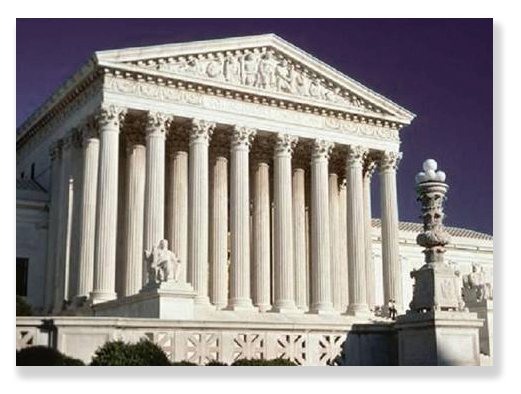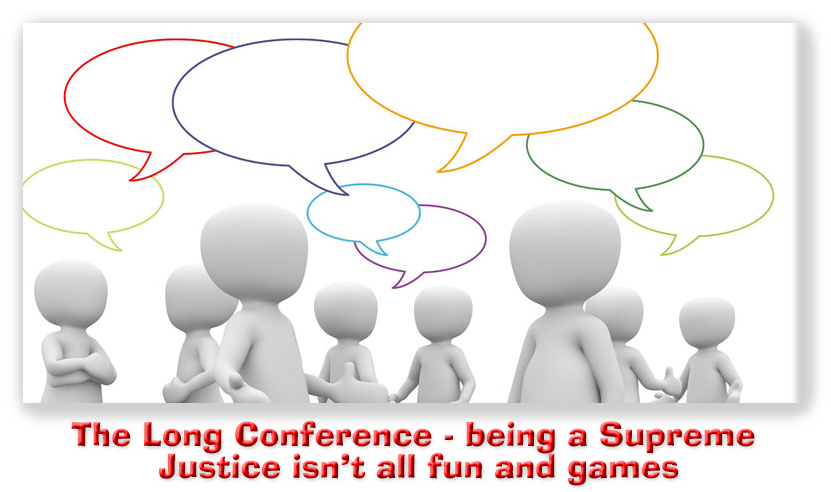We post news and comment on federal criminal justice issues, focused primarily on trial and post-conviction matters, legislative initiatives, and sentencing issues.

SCOTUS GRANTS CERT TO SUPERVISED RELEASE CASE
The Supreme Court justices often don’t decide to grant review (certiorari or “cert”) to a case after just one Friday conference. Petitions may be “re-listed,” that is, deferred for additional consideration at the next conference.
 Generally, a re-list or two increases a cert petition’s odds of being granted. Interestingly, the odds of being granted start to fall with more than two re-lists. That was proven with yesterday’s grant of certiorari in Esteras v. United States, a case that examines what factors a court may consider in holding that a person has violated a supervised release term and ordering him or her back to prison
Generally, a re-list or two increases a cert petition’s odds of being granted. Interestingly, the odds of being granted start to fall with more than two re-lists. That was proven with yesterday’s grant of certiorari in Esteras v. United States, a case that examines what factors a court may consider in holding that a person has violated a supervised release term and ordering him or her back to prison
The supervised release statute, 18 USC § 3583(e) requires a court to consider some but not all of the 18 USC § 3553(a) sentencing factors in deciding whether to send a violator back to prison (and for how long). The statute omits reference to § 3553(a)(2)(A) — which lists the need for the sentence to reflect the seriousness of the offense, promote respect for the law, and provide just punishment for the offense, as legitimate considerations when imposing an initial sentence on people.
Five courts of appeals have concluded that district courts may rely on § 3553(a)(2)(A) factors even though they’re excluded from the list. Four other appellate have concluded that they may not. The government argues that courts can properly consider such factors and that “[a]ny modest disagreement among the courts of appeals on the question presented has no practical effect.”
The decision will be handed down by the end of next June.
Esteras v. United States, Case No 23-7483 (certiorari granted October 21, 2024)
SCOTUSBlog.com, Fourteen cases to watch from the Supreme Court’s end-of-summer “long conference” (October 10, 2024)
– Thomas L. Root






